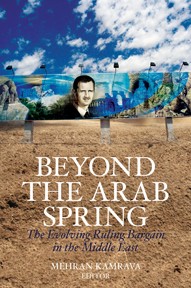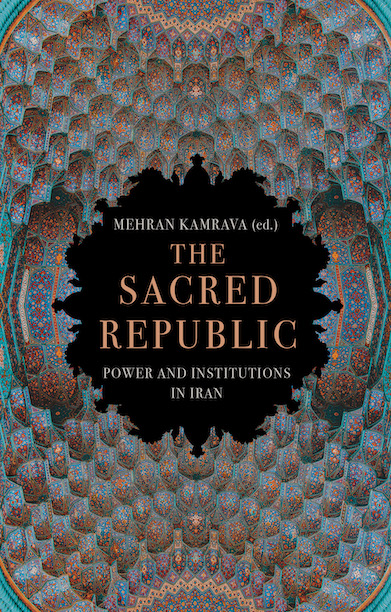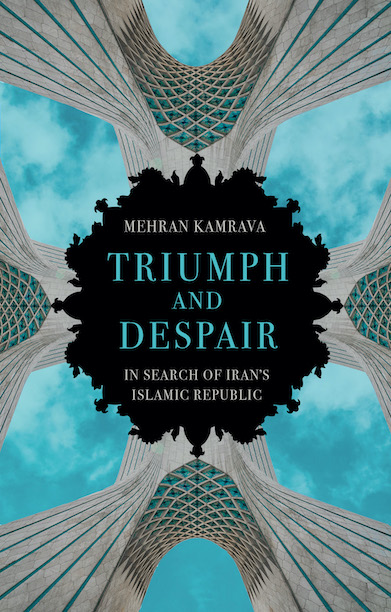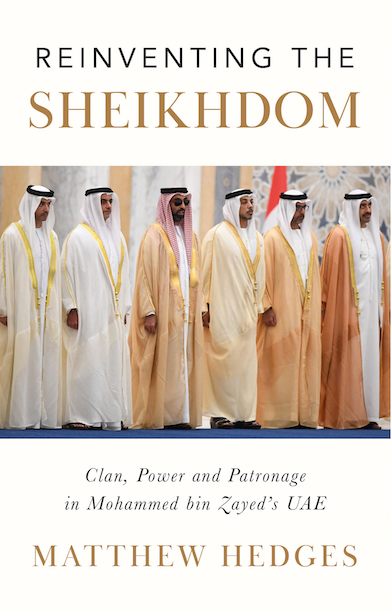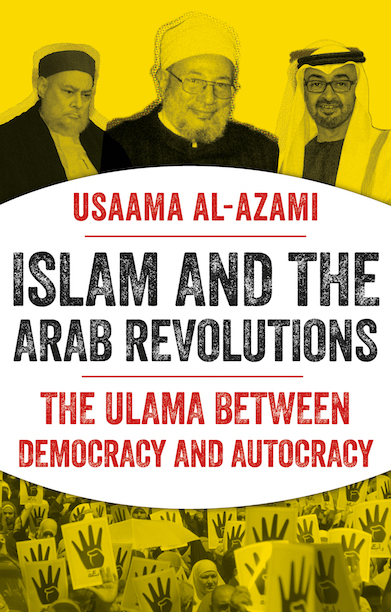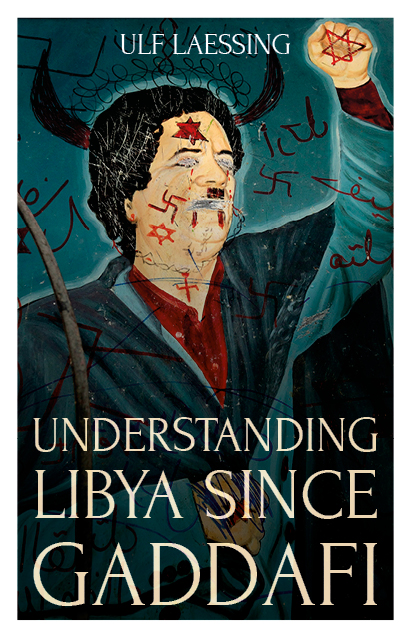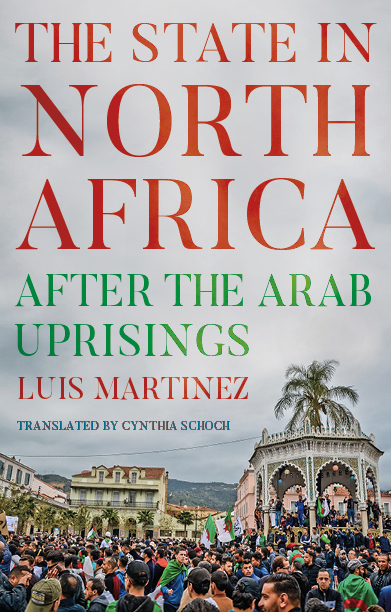Beyond the Arab Spring
The Evolving Ruling Bargain in the Middle East
Part of the Georgetown University, Center for International and Regional Studies, School of Foreign Service in Qatar seriesDescription
The Arab Spring occurred within the context of the unravelling of the dominant ‘ruling bargain’ that emerged across the Middle East in the 1950s. This is being replaced by a new and inchoate system that redefines sources of authority and legitimacy through various devices (such as constitutions), experiences, and processes (mass protests, civil wars, and elections), by reassessing the roles, functions, and at times the structures of institutions (political parties and organisations, the armed forces, the executive); and by the initiative of key personalities and actors (agency).
Across the Arab world and the Middle East, ‘authority’ and ‘political legitimacy’ are in flux. Where power will ultimately reside depends largely on the shape, voracity, and staying power of these new, emerging conceptions of authority. The contributors to this book examine the nature and evolution of ruling bargains, the political systems to which they gave rise, the steady unravelling of the old systems and the structural consequences thereof, and the uprisings that have engulfed much of the Middle East since December 2010.
Table of contents
Introduction — Mehran Kamrava
Part I: Contextualizing the Arab Spring
1. The Rise and Fall of Ruling Bargains in the Middle East — Mehran Kamrava
2. Global Affinities: The New Cultures of Resistance behind the Arab Spring — John Foran
3. The Arab State and Social Contestation — Nadine Sika
4. Islamist Movements and the Arab Spring — Abdullah Al-Arian
5. Political Party Development Before and After the Arab Spring — Shadi Hamid
6. Revolution and Constitution in the Arab World, 2011–12 — Said Amir Arjomand
Part II: Case Studies
7. Renegotiating Iran’s Post-Revolutionary Social Contract: The Green Movement and the Struggle for Democracy in the Islamic Republic — Nader Hashemi
8. Challenging the Trade Union, Reclaiming the Nation: The Politics of Labor Protest in Egypt, 2006–2011 — Marie Duboc
9. A Microcosm of the Arab Spring: Sociology of Tahrir Square — Bahgat Korany
10. Protests, Regime Stability, and State Formation in Jordan — Ziad Abu-Rish
11. The Persian Gulf Monarchies and the Arab Spring — Russell E. Lucas
12. Bahrain’s Fractured Ruling Bargain: Political Mobilization, Regime Responses, and the New Sectarianism — Quinn Mecham
13. Yemen and the Arab Spring — Thomas Juneau
14. The Fragmented State of the Syrian Opposition — Bassam Haddad and Ella Wind
15. Beyond the Civil War in Libya: Toward a New Ruling Bargain — Dirk Vandewalle
Reviews
‘The authors of this wide-ranging collection — deeply steeped in history and skilled in political analysis — walk us through the past “bargains” imposed by rulers of the Middle East on their own peoples. In doing so, they expertly convey how those bargains are now being renegotiated in a process that is sometimes exhilarating but also contentious (even violent), confusing, and prone to breakdown, distrust, and even bad faith.’ — Nathan Brown, Professor of Political Science and International Affairs, George Washington University
‘Beyond the Arab Spring adds new dimensions and considerable depth to our understanding of the extraordinary events in the region since the first days of 2011. From the exploration of an array of institutions and social forces underpinning the uprisings to the examination of particularities of country cases, this volume covers a lot of ground while providing readers with much to think about. An important contribution to the literature.’ — Miriam R. Lowi, Department of Political Science, The College of New Jersey and author of Oil Wealth and the Poverty of Politics: Algeria Compared
Editor(s)
Mehran Kamrava is Professor of Government at Georgetown University in Qatar, and Director of the Iranian Studies Unit at the Arab Center for Research and Policy Studies. His books on Iranian and Middle Eastern affairs include Inside the Arab State and Triumph and Despair, both published by Hurst.
